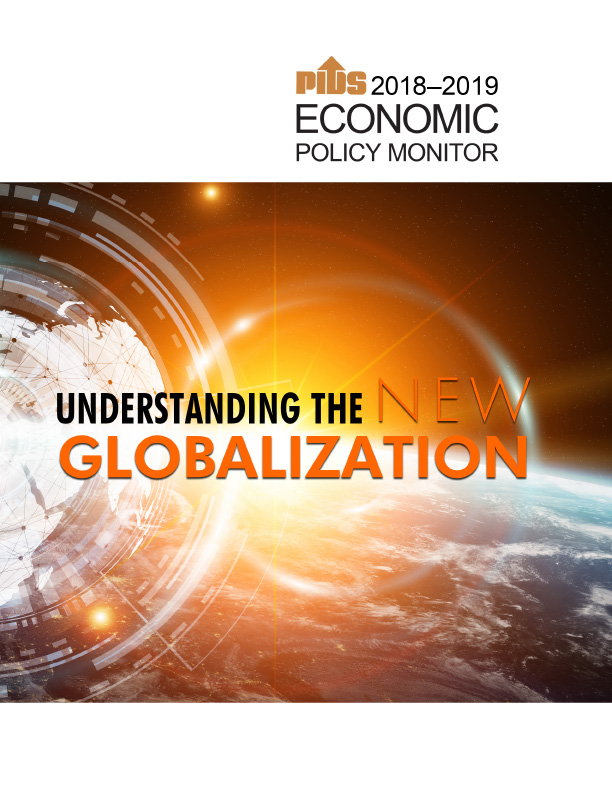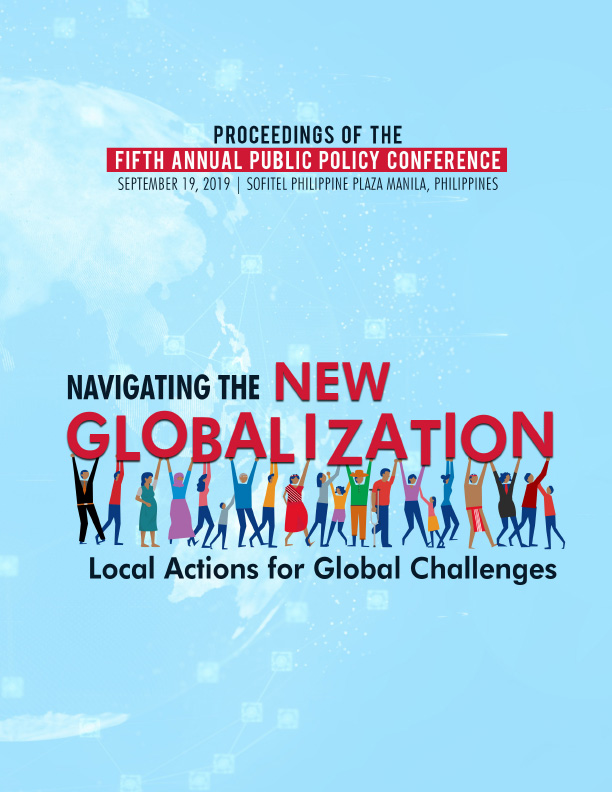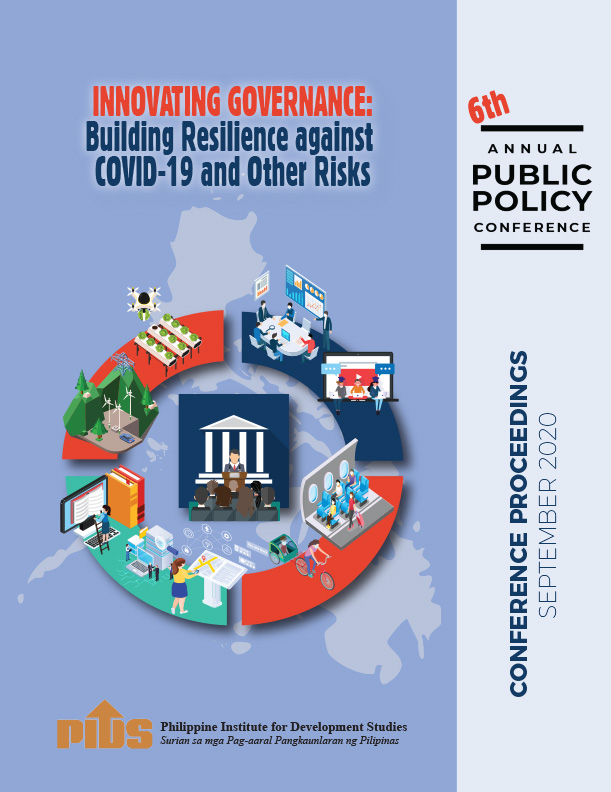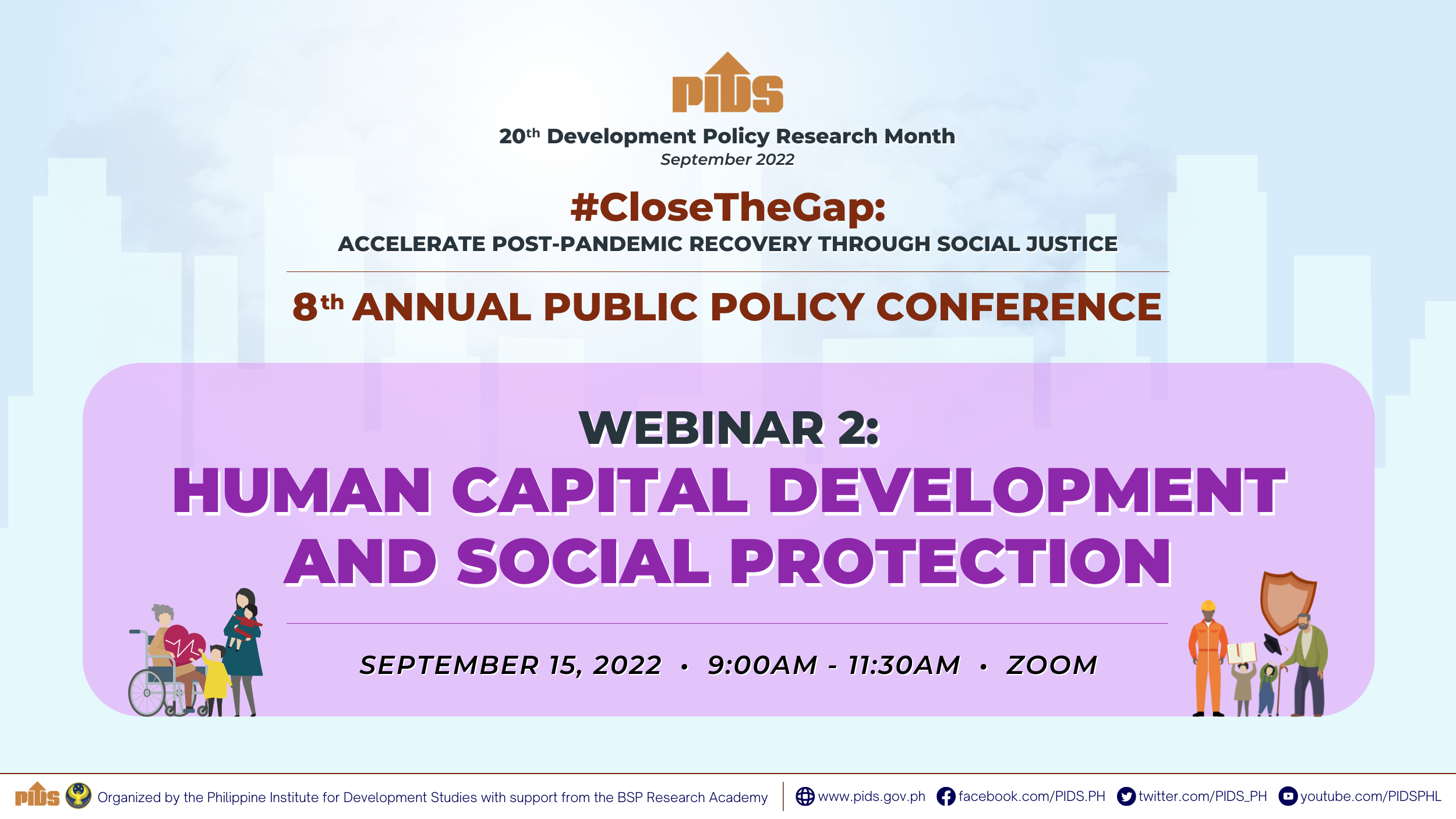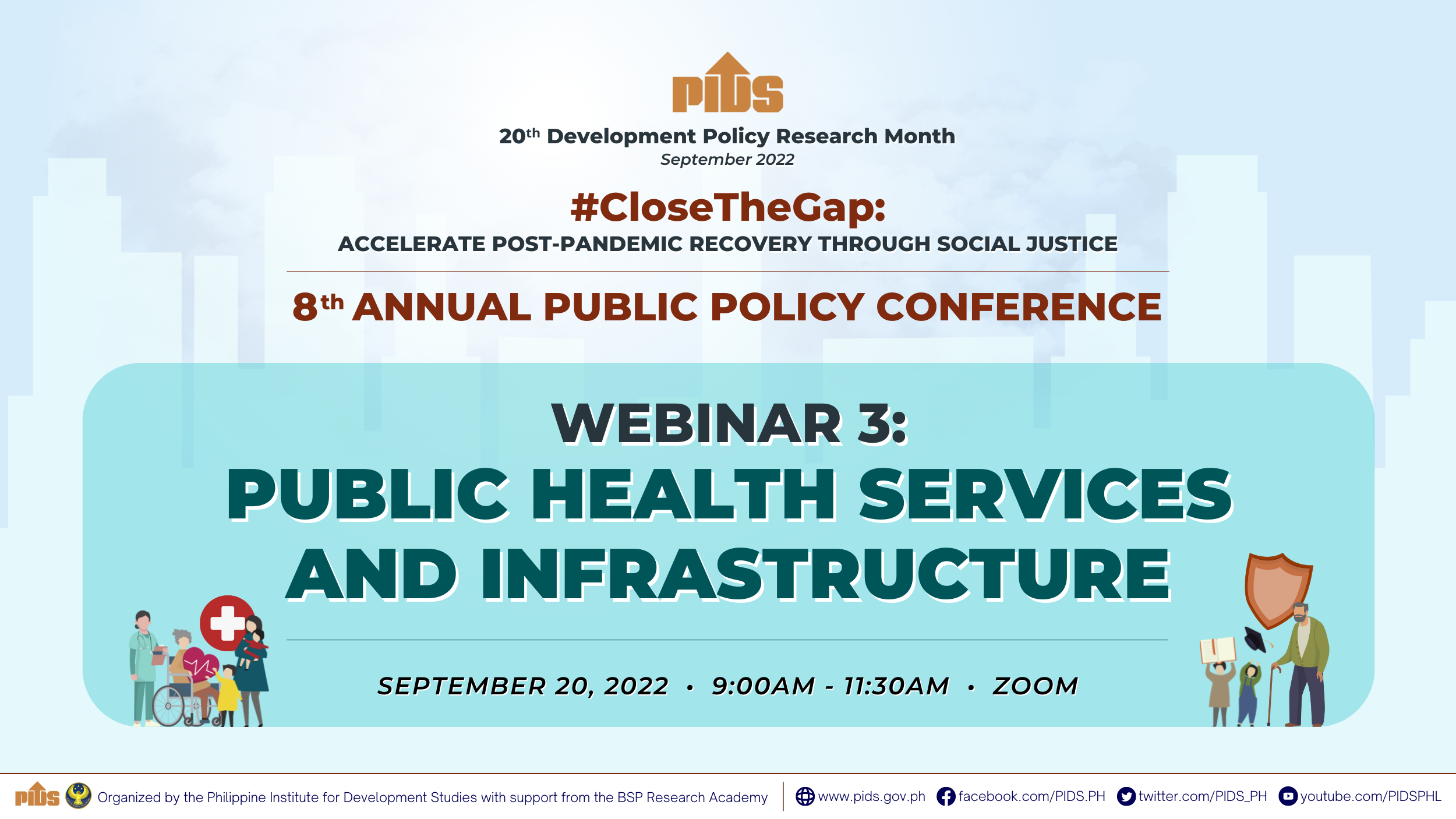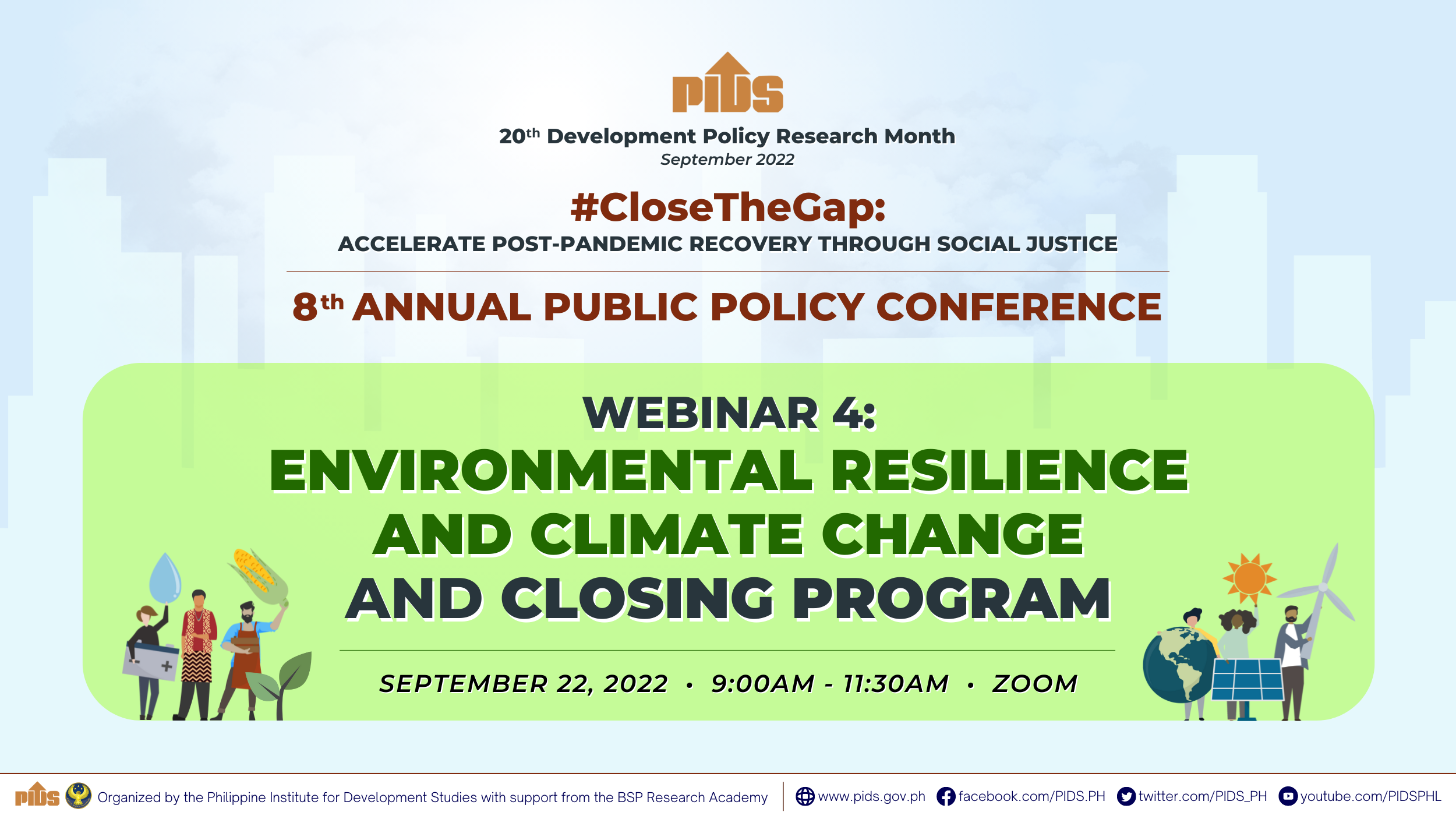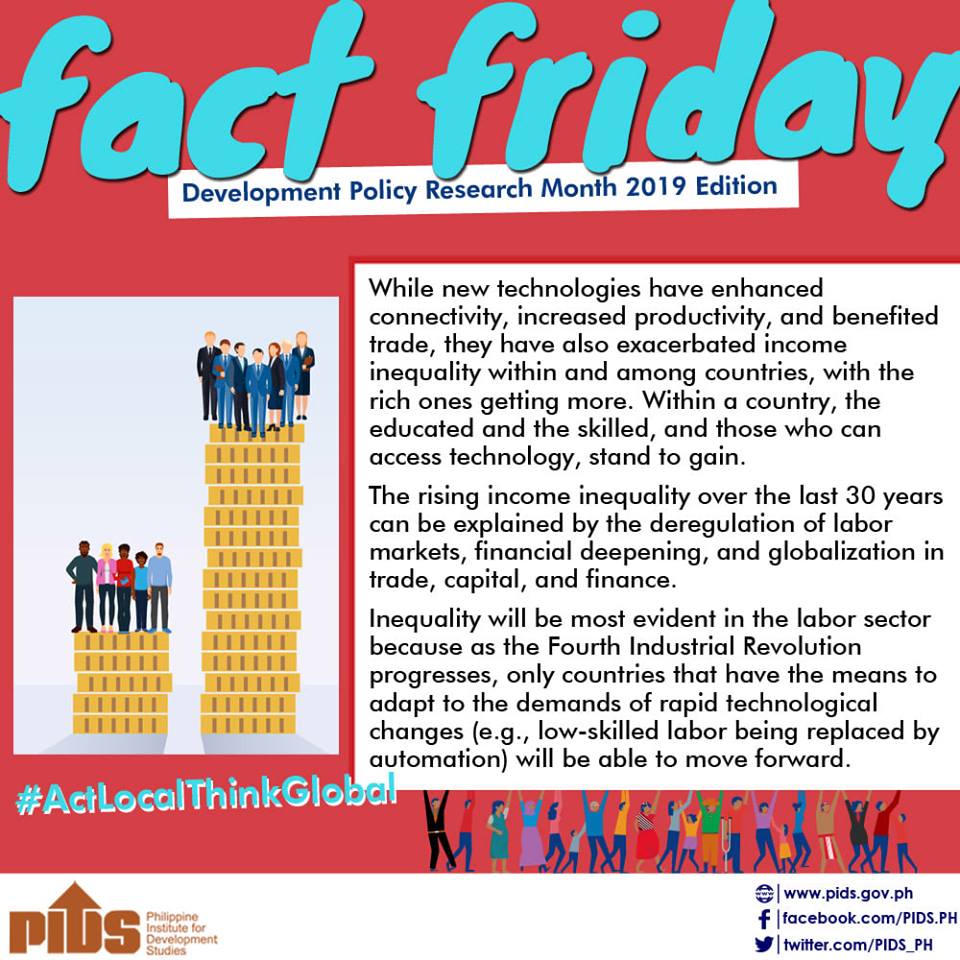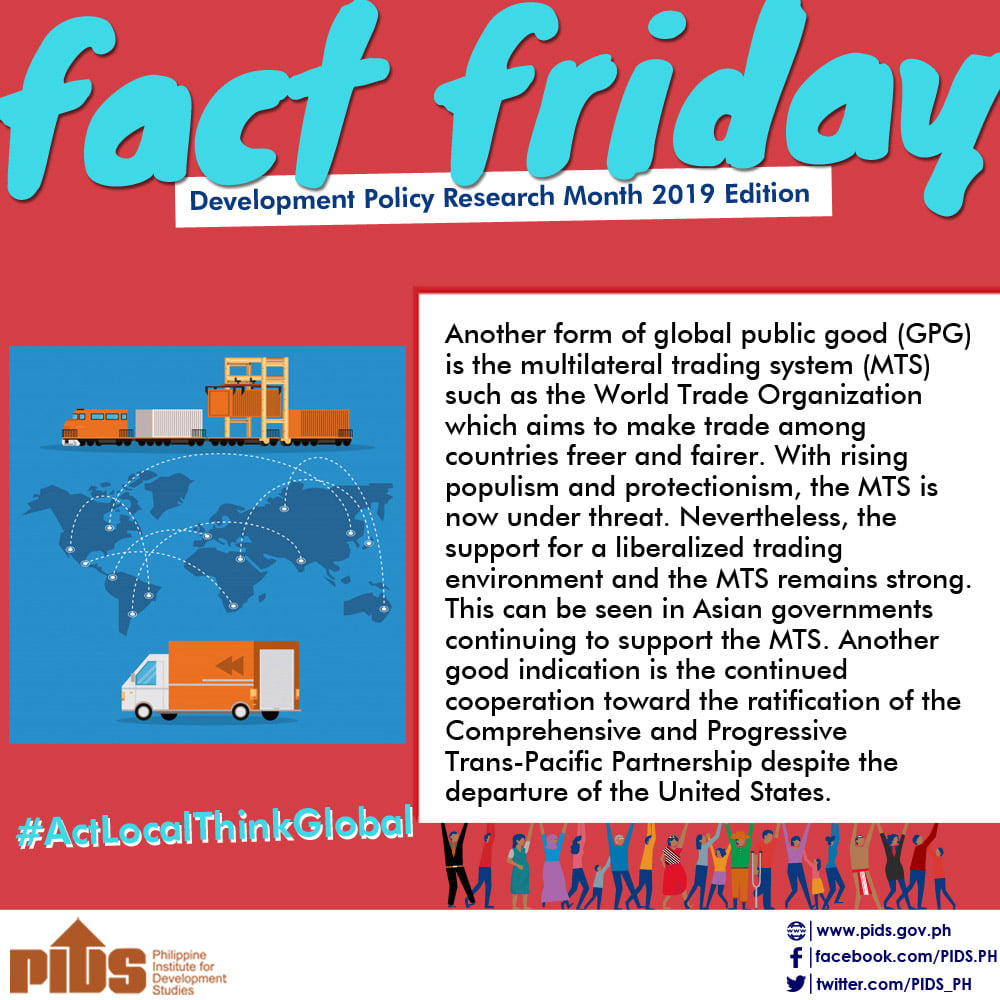
The past waves of globalization saw the rapid growth of world trade, often accompanied by cross-border investment, and with one or more countries serving as an economic hub.
According to Philippine Institute for Development Studies Senior Research Fellow Roehlano Briones, recent technological advances have revolutionized the way investors do business in the global market.
Briones explained that global value chains (GVCs), which have been the main driver of the economic restructuring of production over the past three decades, are being transformed due to digitization of trade.
Cross-border investments aided by digital technologies, he noted, can potentially increase the productivity of workers while reducing labor costs. This compels companies to reconsider the location, as well as the design, of their manufacturing facilities and supply chains.
Through the use of “3D printers, for example, you can now manufacture a product in one place instead of producing it through a production network, where you move the product from one country to another to add more components,” Briones explained.
He also highlighted the ever-increasing role of digitally enabled services in world trade.
This, he pointed out, presents both opportunities and challenges for businesses.
E-commerce platforms, such as Alibaba, for example, have made it easier for small companies to compete in the global market without the need to set up independent supply chains.
The use of digital technologies also enables a more seamless connection of logistics and trade transactions.
“With blockchains, you can now reduce the cost of coordination. Through a national single window plus blockchain, for example, customs clearance can already be automated,” he added.
However, the digitization of trade has created rapid and unpredictable effects on jobs.
“We are seeing a potential backlash in terms of massive job displacements and reevaluation of the skills that are important because of these new technologies,” Briones explained.
To counter these challenges, he said the government should invest in human capital by providing quality basic and higher education that will equip the current and future workforce with skills required in the 21st century.
Briones also suggested that local businesses, especially the micro, small, and medium enterprises, should be assisted to participate in evolving GVCs as well as in moving up the value chain. These can be done by beefing up their innovation capacity.
This year’s Development Policy Research Month (DPRM) celebration carries the theme “Navigating the New Globalization: Local Actions for Global Challenges” or in Filipino, “Paglalayag sa Bagong Globalisasyon: Lokal na Pagkilos sa mga Pandaigdigang Hamon” to increase awareness of Filipinos about the concept of the New Globalization and deepen their understanding on issues and opportunities that come with it. The DPRM is a PIDS-led event held every September to promote awareness on the importance of policy research in the formulation of evidence-based policies, programs, and projects. ###
According to Philippine Institute for Development Studies Senior Research Fellow Roehlano Briones, recent technological advances have revolutionized the way investors do business in the global market.
Briones explained that global value chains (GVCs), which have been the main driver of the economic restructuring of production over the past three decades, are being transformed due to digitization of trade.
Cross-border investments aided by digital technologies, he noted, can potentially increase the productivity of workers while reducing labor costs. This compels companies to reconsider the location, as well as the design, of their manufacturing facilities and supply chains.
Through the use of “3D printers, for example, you can now manufacture a product in one place instead of producing it through a production network, where you move the product from one country to another to add more components,” Briones explained.
He also highlighted the ever-increasing role of digitally enabled services in world trade.
This, he pointed out, presents both opportunities and challenges for businesses.
E-commerce platforms, such as Alibaba, for example, have made it easier for small companies to compete in the global market without the need to set up independent supply chains.
The use of digital technologies also enables a more seamless connection of logistics and trade transactions.
“With blockchains, you can now reduce the cost of coordination. Through a national single window plus blockchain, for example, customs clearance can already be automated,” he added.
However, the digitization of trade has created rapid and unpredictable effects on jobs.
“We are seeing a potential backlash in terms of massive job displacements and reevaluation of the skills that are important because of these new technologies,” Briones explained.
To counter these challenges, he said the government should invest in human capital by providing quality basic and higher education that will equip the current and future workforce with skills required in the 21st century.
Briones also suggested that local businesses, especially the micro, small, and medium enterprises, should be assisted to participate in evolving GVCs as well as in moving up the value chain. These can be done by beefing up their innovation capacity.
This year’s Development Policy Research Month (DPRM) celebration carries the theme “Navigating the New Globalization: Local Actions for Global Challenges” or in Filipino, “Paglalayag sa Bagong Globalisasyon: Lokal na Pagkilos sa mga Pandaigdigang Hamon” to increase awareness of Filipinos about the concept of the New Globalization and deepen their understanding on issues and opportunities that come with it. The DPRM is a PIDS-led event held every September to promote awareness on the importance of policy research in the formulation of evidence-based policies, programs, and projects. ###

